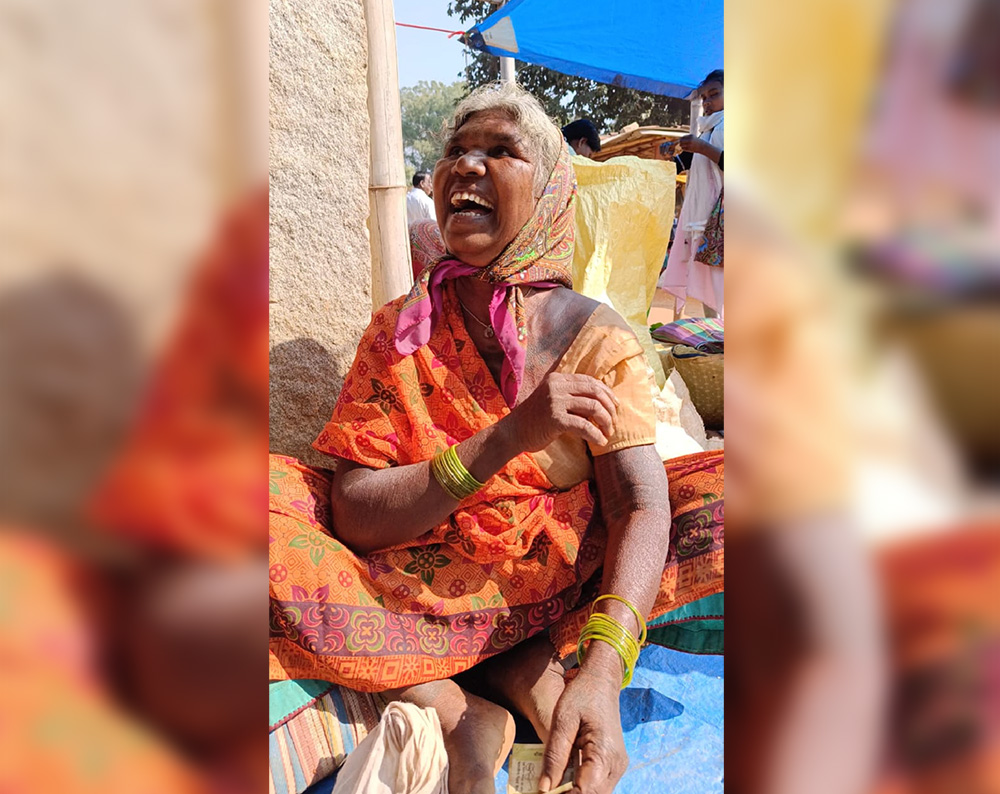
I arrived to Nauringa, a community that perfectly captures the harsh realities and complexity of rural India, in the serene yet split landscapes of Khunti district. I went on a Community Immersion (CI) journey into this community with the goal of learning a great deal about the challenges and daily problems faced by its residents. My first quest for knowledge took me to look for labor in the rural areas; this choice turned up a disturbing story of fraud and abuse disguised as the Mahatma Gandhi National Rural Employment Guarantee Act (MNREGA). Like many other rural areas, Nauringa is divided into two separate tolis (hamlets) by the deeply ingrained caste system.Upper-caste people with considerable influence, vast land holdings, and elevated social standing predominate in the first toli. On the other hand, indigenous tribes living in the second toli are marginalized and landless, forced to work as landless laborers on the farms owned by their upper-caste counterparts.
The core of my research was the identification of a widespread MNREGA fraud, which was deftly set up to take advantage of the weak under the pretense of this social program. In Nauringa, an upper-caste man who had the tender to carry out MNREGA created a system of financial manipulation to make sure the schemes benefits were diverted to his community members. Even though their names were on the list of laborers, these people never worked in the fields since society considered manual labor to be inappropriate for them. The money intended for the schemes elevation of the poor was instead poured into their accounts, fabricating a false sense of effort and obedience.
Ironically, tribal people performed the real labor mandated by MNREGA and were paid a pitiful fraction of what they were entitled to. The tribal community's lack of knowledge and awareness allowed for this abuse because they were unaware of the massive scam they had fallen victim to. The program which was created with the good intentions of promoting social inclusion, gender equality, economic advancement, and grassroots democracy,was reduced to little more than red tape and a cover for corruption. Both bureaucrats and scam participants pocketed their shares, therefore the scheme's grand objectives remained unfulfilled and its prospective advantages never materialized.
My comprehension of the MNREGA scam and the inner workings of Nauringa has illuminated the systemic problems that plague rural governance and welfare plan execution. My own experiences make me wonder how often these scams are in other communities and how quickly institutional changes must be implemented to guarantee that the intended recipients of the benefits actually receive them. The tale of Nauringa serves as a sobering reminder of the difficulties rural India faces and the need to combat corruption and give marginalized people more authority in order to see that programs like MNREGA live up to their potential.
TAGS
SHARE





